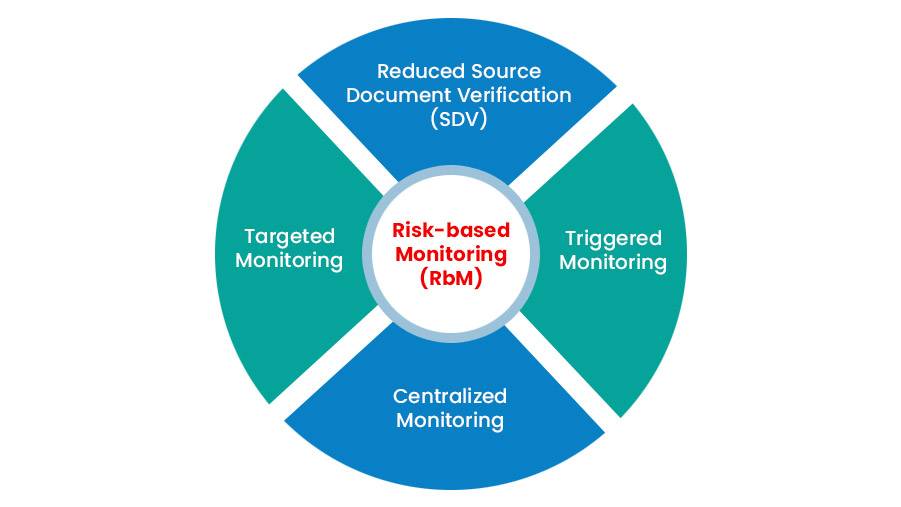Clinical research jobs have a wider scope in the United States for deserving candidates with specified knowledge. For the past few years, employment in the healthcare industry has seen a drastic increase owing to the number of new applicants looking for a job in the industry as the number of vacancies is relatively large. One should be aware of the fact that, primary education is hardly preferred these days by most of the health industries. Therefore certification courses in healthcare field help to get placed in relevant health care job.
Clinical research Job opportunities
Clinical research jobs include designations such as clinical research associate, clinical research nurse, and clinical research scientist apart from various other detailed classifications. The role of a clinical research associate or clinical research nurse requires knowledge in the field of relevant project management and the candidates would be highly appreciated if they could submit documents related to the clinical trials and development plan for successful design, implementation, and execution corresponding to different types of protocols within the I/O.
 The pre-requisites for clinical research jobs include MD, MS, Advanced practiced Nurse, Pharm D, Ph.D., or any other equivalent degree associated with the medically related field or life sciences. As far as the experience factor is concerned (if an organization looks for experienced candidates apart from fresher’s), people with at least 4 and above years of experience in any medically related field or in life sciences or a minimum of 2 years of experience in the biopharmaceutical clinical development industry will be preferred.
The pre-requisites for clinical research jobs include MD, MS, Advanced practiced Nurse, Pharm D, Ph.D., or any other equivalent degree associated with the medically related field or life sciences. As far as the experience factor is concerned (if an organization looks for experienced candidates apart from fresher’s), people with at least 4 and above years of experience in any medically related field or in life sciences or a minimum of 2 years of experience in the biopharmaceutical clinical development industry will be preferred.
Drug Safety/ Pharmacovigilance Job opportunities
There are different kinds of job roles in the drug safety or pharmacovigilance realm based on the nature of their particular industries. So many organizations filter the candidates with respect to their level of qualification before offering permanent employment that benefits them to explore numerous dimensions. In addition to providing employment, in the long run, potential employees would also be provided with competitive local packages, especially for those working in challenging pharma or drug safety projects.
A complete research and analyses on diverse platforms reveal a great percentage of pharmacovigilance jobs in the United States. It is estimated to be more than 670 jobs that require immediate resources.
People with a degree in life science /nursing or any kind of medical degree or pharmacy will be preferred for a suitable job in the industry. A lot of post graduate courses are also recommended to crack a job in the industry. One of such courses is a master in pharmacovigilance. This particular course caters to a larger part of knowledge required in various aspects of career building, framing reports, detailed report writing, risk management and signal detection besides providing a thorough understanding of the regulatory bodies around the world.
As in any other job, experience matters to a greater extent in drug safety jobs too. In fact, an appropriate and productive experience adds a phenomenal value when shifting from one organization. Additional qualification includes the first-hand experience with adverse reactions and a clinical background which could be beneficial for pharmacists and nurses.
Roles or nature of jobs in the drug safety/pharmacovigilance industry varies with a slight change according to the area of expertise. It generally begins with a position as a drug safety associate, scientist, co-coordinator or officer. Once a particular employee gains sufficient knowledge in a specific area such as auditing, medical writing, quality assurance or medical affairs, he will be assigned with additional responsibilities and promoted as a senior specialist or in any other management roles.
Depending upon the percentile of drug safety or pharmacovigilance specialists or any clinical research associates, their salary ranges from anywhere between $30,000 to 70,000 in the United States.
Job Opportunities For Healthcare Professionals In The US – Part-1



